This post is also available in:
 Italiano (Italian)
Italiano (Italian)
5 OCTOBER / 10 OCTOBER
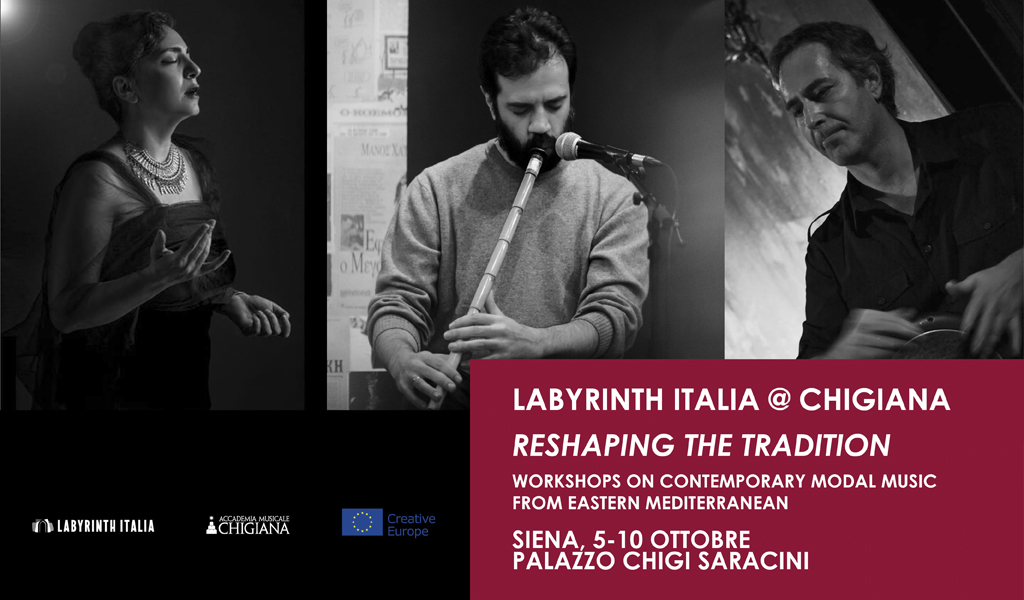
RESHAPING THE TRADITION
Traditions are not just a bunch of practices, beliefs, sounds, knowledge and flavors coming from the past. They result from a continuous transformation that involves the members of a community looking for their own identity. Traditions live only in the present. As the roots, that do not come from the subsoil, but plunge themselves down into the depths of the ground, to feed the future life of the plant, traditions are the tool by which a community draws its past to prepare for the future it desires. This is why it is important to be aware of giving the tradition a shape, to preserve and transform it over time. This always happens through intersection and meeting with the others.
Music lives in the present, in the encounter between musicians and listeners, and preserves a tradition that changes every time it is played again. Playing music reshapes its tradition.
Reshaping the Tradition is a cultural project that includes the workshops on the musical traditions from the Eastern Mediterranean (5-10 October 2020) and the 2020 International Conference of the Chigiana Journal (10-12 December 2020). The project springs from the experience achieved by the Accademia Chigiana through the program “Tradire – Le radici nella musica”, which started in 2017, focussed on the relations between contemporary creativity and the musical traditions.
THE WORKSHOPS IN SIENA
The October workshop on traditional music of the Mediterranean and the Middle East, carried out in collaboration with Labyrinth Italia, brings to Siena the long and solid expertise of Labyrinth Musical Workshop, an international association based in Crete. Today Labyrinth represents the most important European learning activity on the various musical traditions of the Mediterranean and Eastern area, always conceived in their contemporary shape.
Labyrinth Italia was founded in 2017 to contribute to the dissemination of the “Labyrinth Musical Workshop” activities inaugurated by Ross Daly in 1982. His actions aim to overcome, through music, the distances that separate us from other cultures, in a historical moment when borders, barriers and prejudices on diversity continue to re-emerge.
TIMETABLE
ADMISSIONS
To participate in the masterclasses please fill the application form.
COURSE FEE
The course fee to attend the entire seminar is €150. Scholarships are available, see below.
SCHOLARSHIPS
For each seminar, Labyrinth Italia and the Accademia Chigiana will offer scholarships for 4 students, covering the full amount of the course fee for their participation. Selections will be made by reviewing the applicant’s CV and a motivational letter to be sent to info@labyrinthitalia.it after filling the application form.
APPLICATION DEADLINE
27 SEPTEMBER 2020
LESSONS BEGIN
5 OCTOBER 2020
COURSES
HARRIS LAMBRAKIS
VAGELIS KARIPIS
VEKA ALER
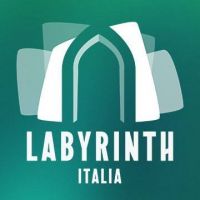

ISTANBUL MAKAM
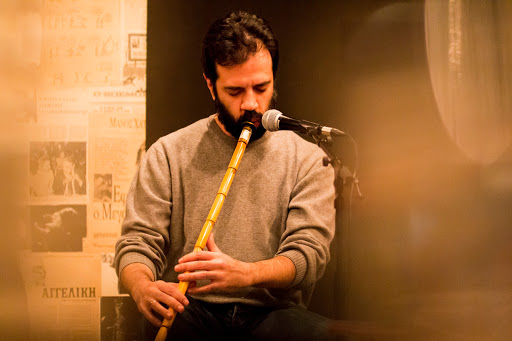
HARRIS LAMBRAKIS
TIMETABLE
AULA CASELLA
Monday 5 October: 15:30-18:30
Tuesday to Friday 6-9 October: 9:30-12:30 / 15:30-18:30
Saturday 10 October: 9:30-12:30
WORKSHOP
A 30-hour seminar open to all instrumentalists on the main makamlars of the Turkish-Ottoman tradition and their compound variants. We will address the traditional repertoire and the structure of improvisational forms. We will analyze archival recordings of the most important masters, as well as compare the individual modes studied with their variations pertaining to different musical traditions such as the Arabic, Persian, Byzantine, and popular Turkish (halk) ones.
ARTIST BIO
Harris Lambrakis was born and raised in Athens. He started playing music since he was very young, following the teachings of many great Maestros like Marios Mavroidis, Ioannis Arvanitis, Vassilis Baraboutis, Sylvia Koutrouli, Ömer Erdoğdular and others.
He studied in Pallini Music High School and graduated from the Department of Music Studies (University of Athens) with a specialization in Ethnomusicolgy. Since 1991 he has been playing ney, collaborating with distinguished artists (Savina Yannatou, Haig Yazdjian, Ross Daly, Michalis Siganidis, Periklis Papapetropoulos, Kostas Tatsakis, Antonis Apergis and others). Since 2000 he has been teaching ney in the Athens Conservatory. He performed in Greece and abroad playing different genres like traditional, jazz, world, contemporary, electronic and improvisational music. He has also composed music for theatre. Besides ney, he plays piano and hammond organ. In 2006 he co-founded the Harris Lambrakis Quartet, which released two cd’s: Théa (2010) and Metéora (2012).
RHYTHMS FROM THE EASTERN MEDITERRANEAN
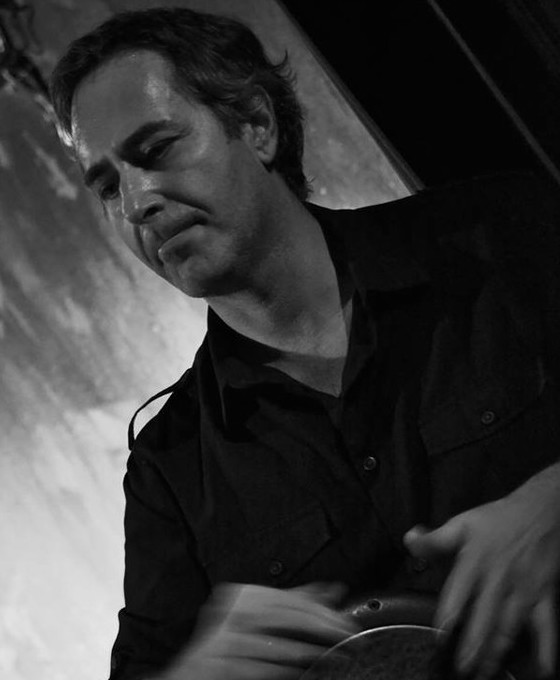
VAGELIS KARIPIS
TIMETABLE
TEATRINO
Monday 5 October: 15:30-18:30
Tuesday to Friday 6-9 October: 9:30-12:30 / 15:30-18:30
Saturday 10 October: 9:30-12:30
WORKSHOP
A 30-hour seminar open to all percussionists focussed on contemporary techniques, rhythmology and approaches to percussion in Greece, the Eastern Mediterranean and North Africa.
ARTIST BIO
Vagelis Karipis was born in Athens (1971). He studied Byzantine music and music theory in Athens Conservatoire, where he graduated in 1992. In the same period, he started playing frame drums, first as self –taught and then as a student of Tricy Shankaral, Joe Santos, Jammey Haddad, Arto Tuncboyaciayan.
He has been working with several Greek composers and singers (Dionysis Savvopoulos, Thanos Mikroutsikos, Nikos Kypourgos, Orfeas Peridis, Yiorgos Andreou, Socrates Malamas, Christos Tsiamoulis, Alkinoos Ioannidis, Eleftheria Arvanitaki, Yiorgos Ntalaras, Domna Samiou, Chronis Aidonidis). He worked abroad with well-known soloists such as Haig Yazdjan, Yiotis Kiourtzoglu, Socrates Sinopoulos, Ross Daly, Ara Dinkjan, Arto Tuncboyaciayan, Zohar Fresco, Theodosi Spasov, Misirli Ahmet, Karim Ziad, Enver Ismailov, Νedyalko Nedyalkov, Yurdal Tokcan, Οmar Faruk Tekbilek, Derya Turkan.
It is important to mention his presence in discography during the last 18 years, with about 400 productions in recordings and theatrical shows. In January 2004 he represented Greece in the international meeting (program MediMuses) for frame drums in Tunisia. With the MediMuses he gave seminars in Greece, Cyprus, Lebanon, Jordan, Israel, Tunisia, Holland, New Zealand, UK, and USA. In April of the same year, he was invited by the Greek composer Yiannis Psathas to participate in concerts with the Nederlands Blazers Ensemble in Holland and Germany, and with the Stroma music group in New Zealand.
In 1998 he created the group Krotala with Petros Kourtis and Andreas Papas and with this they traveled in the 5th Drums festival of Berlkey College of Music (1999), the Rythmstick festival (London 2003), the Forum (Barcelona 2004), the EXPO (Japan 2005) and they participated in a recording with Loreena McKennit.
SONGS FROM ANATOLIA
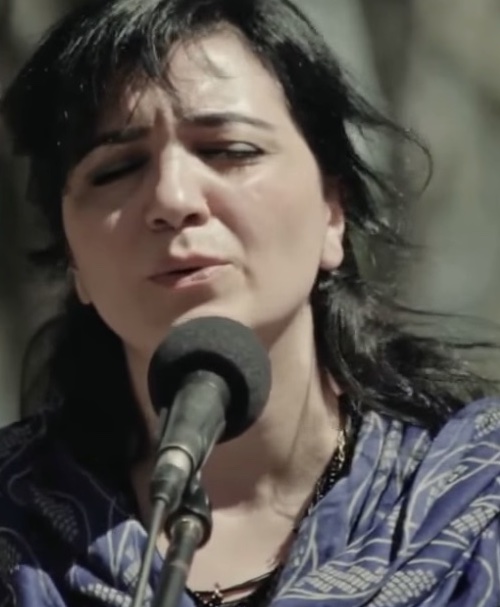
VEKA ALER
TIMETABLE
AULA VERDI
Monday 5 October: 15:30-18:30
Tuesday to Friday 6-9 October: 9:30-12:30 / 15:30-18:30
WORKSHOP
A 30-hour seminar open to all singers, focussed on the vocal repertoires from different areas of Turkey. Along with the study of the repertoire, we will focus on the technical elements relating to the emission and ornamentation of the vocal line, which are essential for the correct pronunciation of the musical phrase, as much as the intonation of microtonal nuances.
ARTIST BIO
Veka Aler is a singer and a vocal teacher. She was born in 1980 in Istanbul. Her family comes from Erzincan, one of the cities where Anatolian culture is mostly alive. Her knowledge of traditional music passed through the contact with the members of her family, in a natural way. Throughout her life she is interested in different cultures, their music and languages. During her musical journeys and exploration she meets the master musician and voice expert Cavit Murtezaoglu and starts to take vocal lessons on Makam tradition, as well as taking part in various projects with him.
Veka feels especially connected with cultures from Middle-East & Anatolia. Feeling that there is a common soul in all of them, she can’t separate these cultures from each other and feels she belongs to all of them at the same time, completely. She sings in different languages, expressing not only the diversity of the languages and cultures she has embraced herself in, but also the commonness of these different styles as parts of a single world.
Policies and regulations for the prevention of Covid-19
–Institutional protocol for Covid-19 (ENG)
Last updated: 18/09/2020

